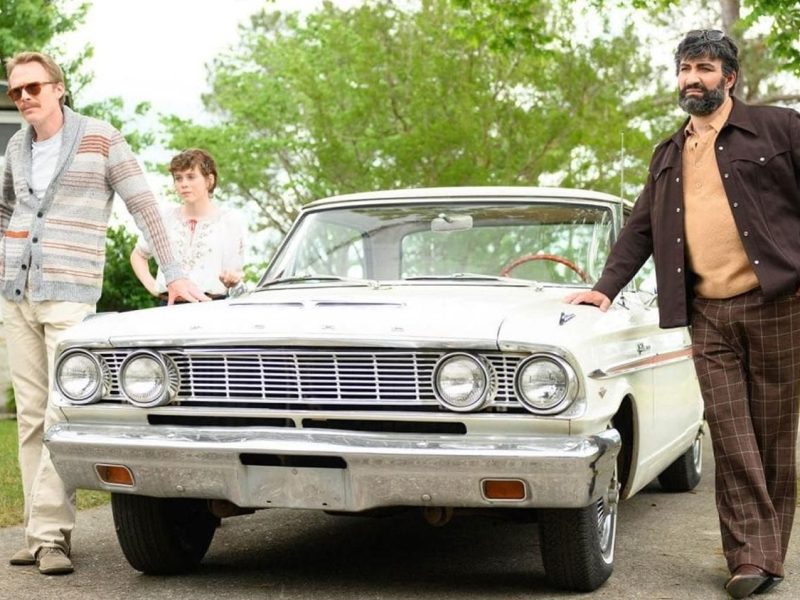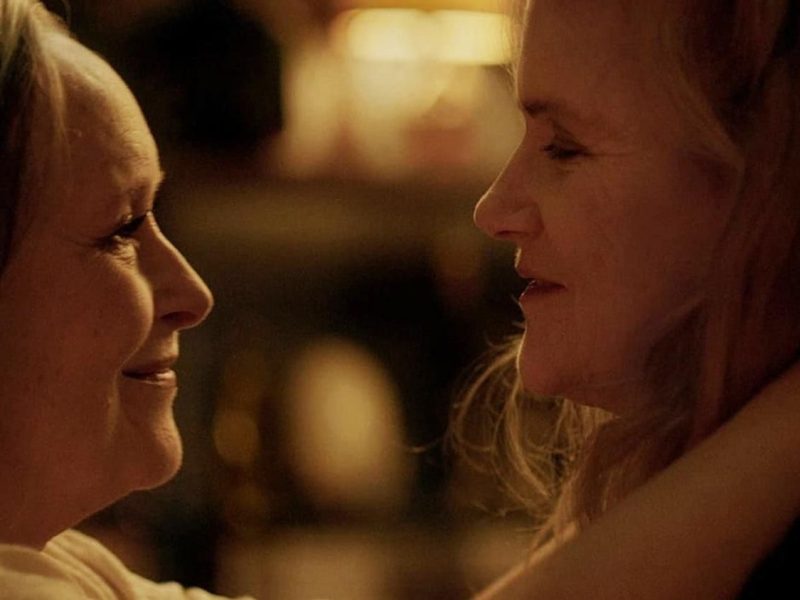Truman & Tennessee: An Intimate Conversation Review
After documentaries on the art historian Peggy Guggenheim and photographer Diana Vreeland Lisa Immordino's new look into the private life of American creatives traces the turbulent relationship between literary legends Tennessee Williams and Truman Capote. The film's M.O. is to make an exchange between two men using their personal words, with a lot of which are derived out of letters written by Jim Parsons (Capote) and Zachary Quinto (Williams). The result is usually formal in style, but it neatly conveys a sense of friendship based on jealousy, bitterness, and pettyness, tempered with some grudging respect.
The choice to explore the writers of both groups is not a bad idea, that reveals so many commonalities between them: Their Southern roots, their difficult childhoods and struggles in their relationship with sexuality and early career successes which was followed by commercial and artistic failings that lead to addiction problems. In a sense Truman & Tennessee is also an account of a distinct period when writers were ideal guests on prime-time show chats (can do you picture Kazuo Ishiguro appearing on The Jonathan Ross Show?). The conflict is played out in different interviews conducted featuring David Frost, Vreeland using split-screen technology to show both men's appearances on Frost's television show. The result is a friendship which was fraught, swinging the lines between admiration for each other and jealousy. After Capote said that Williams was not "very clever", Williams responded by refusing to attend the infamous 'Black and White Ball'.
The film also examines the film adaptations that are based on their works. Williams' A Streetcar Named Desire, Cat On A Hot Tin Roof, The Glass Menagerie and The Night Of The Iguana and Capote's Breakfast At Tiffany's and In Cold Blood are all thought of as. Capote confesses that he felt "betrayed" when Paramount made the choice to cast Audrey Hepburn as Holly Golightly the character he wrote about Marilyn Monroe — in Breakfast At Tiffany's, whereas Williams complains that the film versions of his work were subject to cuttings to censorship. He advises audiences to exit at least ten minutes before the movie's end so that they don't see the punches pulled.
Between the film and television footage, Truman & Tennessee lacks the punch of the original, switching between a variety of narration, (admittedly excellent) images and beautiful filmed excerpts of readings from the book (see the boy in kites in The Capote's Other Voices, Other Rooms). Parsons and Quinto perform a decent job imitating the authors voices, without sounding being jarring when compared to their own voices. The final product isn't exciting or exhaustive however it is a fun and affecting portrait of two talented, but struggling titans.


